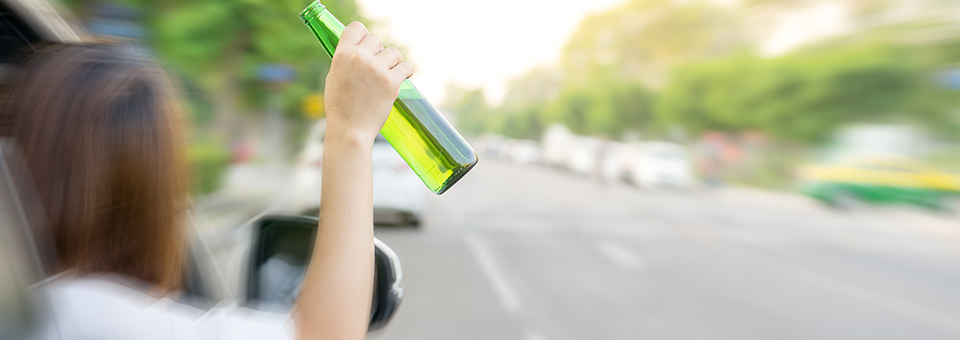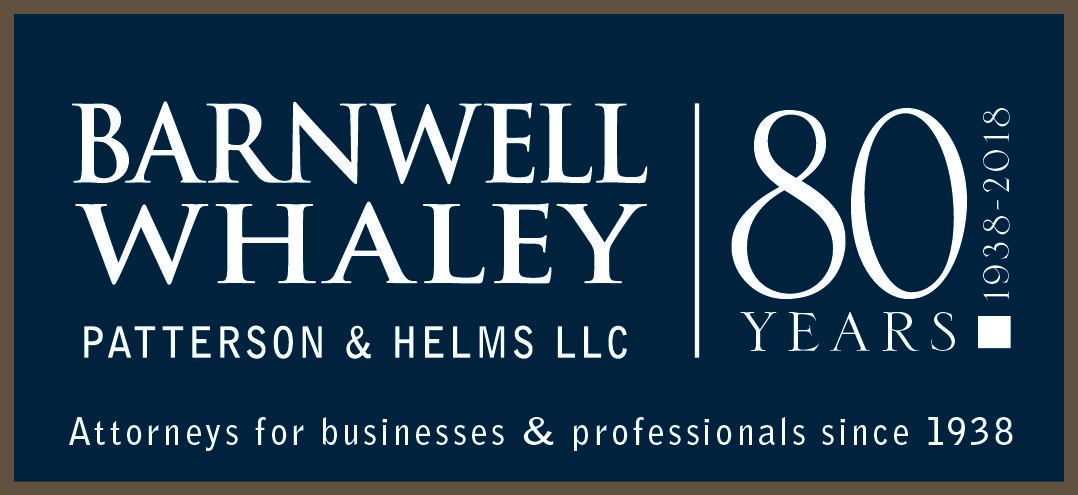
Dram Shop Cases & Underage Purchasers: What NC Business Owners Should Know
Almost everyone knows it is unlawful for an underage person in North Carolina to purchase, attempt to purchase, possess or consume alcoholic beverages. N.C.G.S. § 18B-302(b). It is also unlawful for anyone, including bar and restaurant operators, to sell or give alcohol to anyone under the age of 21 N.C.G.S. § 18B-302(a)-(a1).
As most alcohol permittees are undoubtedly aware, violation of this statute can result in serious consequences, including a potential dram shop lawsuit.
North Carolina law recognizes a cause of action by an “aggrieved party” if the “aggrieved party” can show that the alcohol permittee, his agent or employee “negligently sold or furnished an alcoholic beverage to an underage person”, and that the “aggrieved party” was injured due to the underage driver’s impairment N.C.G.S. § 18B-121(2)-(3).
The classic example of such a case involves an underage person being served alcohol, then getting into a wreck on the way home while still intoxicated. In that circumstance, the third party or parties injured by the underage drunk driver could sue the bar owner whose wait staff served alcohol to the underage person in violation of the statute.
But what about the underage person herself and her own injuries as a result of driving drunk? In North Carolina, N.C.G.S. § 18B-120(1) specifically states that aggrieved party “does not include the underage person.” North Carolina courts have consistently enforced this provision, and even denied recovery to the estate of an underage drunk driver for wrongful death damages pursuant to the Dram Shop Act. See Clark v. Inn West, 324 NC 415, 378 SE 2d (1989).
That being said, the North Carolina Court of Appeals has held that the parents of an underage drunk driver can potentially maintain an action for their own personal damages against the alcohol permittee who served his or her underage child if that child is injured or killed as a result of driving drunk. See Storch v. Winn-Dixie Charlotte, Inc., 149 NC App 478, 560 SE 2d 881 (2002).
North Carolina law also excludes recovery for “a person who aided or abetted in the sale or furnishing to the underage person” N.C.G.S. § 18B-120(1). A so-called “aider and abettor” does not just mean the friend who purchased alcohol for the underage driver, either.
North Carolina courts have denied recovery to a passenger who did not contribute money towards the purchase of alcohol, but did drive to a convenience store, wait in the car while the underage purchaser bought beer and then allowed the underage purchaser to drive his car with the illegally purchased alcohol. See Estate of Darby by Darby v. Monroe Oil Co., Inc., 127 NC App 301, 488 SE 2d 828 (1997).
Business owners in the hospitality industry need to make sure their alcohol servers are conscientious about checking IDs and refusing service to anyone under the age of 21. Still, accidents do happen, no matter how diligent a bartender or server might be. In those instances where an underage purchaser is involved in a drunk driving accident, it is important to recognize who may and may not sue the business owner for their injuries under North Carolina’s Dram Shop Act.

Christopher M Hinnant is a trial lawyer and member of Barnwell Whaley Patterson & Helms PLLC’s Wilmington, NC office. Hinnant is licensed in both North and South Carolina, and concentrates his practice in civil litigation, including dram shop liability, premises liability and restaurant and hospitality law. He has handled cases in Virginia, North Carolina and South Carolina. A significant portion of his cases involves catastrophic injury and wrongful death. Hinnant also has significant experience with medical malpractice matters, complex commercial litigation and construction matters. To contact Hinnant, call (910) 679-4329 or email him at chinnant@barnwell-whaley.com.
This article originally appeared in the Wilmington Business Journal.
Photo from Thinkstock




